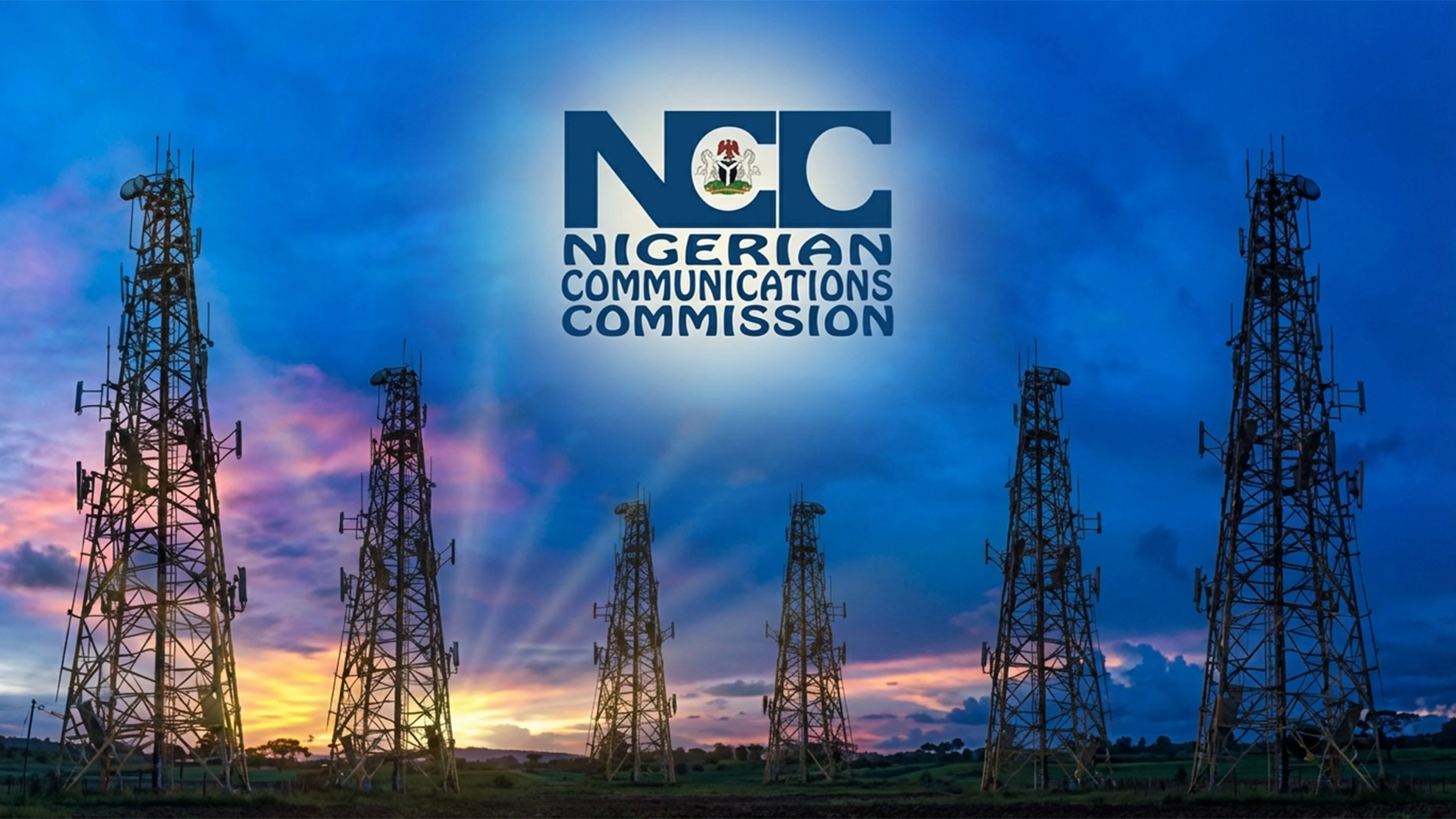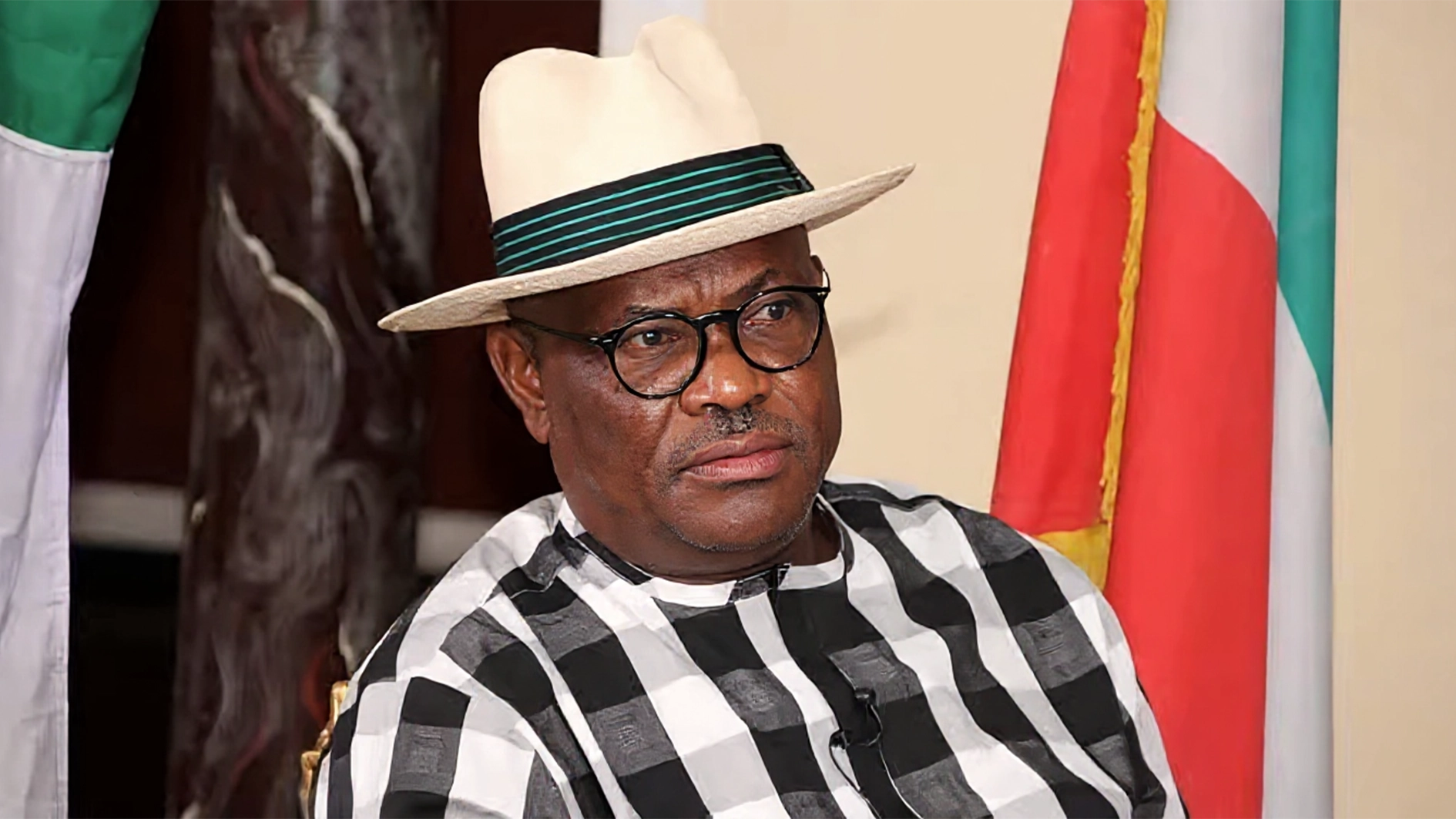The fourth quarter 2024 Budget Implementation Report (BIR) released recently by the Budget Office of the Federation (BOF) has shown that housing and urban development, education and health got the least capital releases in 2024.
The three ministries, which are critical to the country’s economic development and citizens’ wellbeing, are currently facing serious challenges.
According to the report, the Ministry of Housing and Urban Development, with a total capital appropriation of N165,842,734,312, had only N66,769,961,849 or 21 per cent of the appropriation cash-backed and released to it. However, the ministry was only able to fully utilise N35,251,405,227, representing 52.80 per cent of the funds released to it.
For the Ministry of Education, the total capital appropriation was N480,781,350,182, but it received N169,118,676,179 or 23.54 per cent of the appropriated sum as cash-backed released funds. The ministry utilised N113,172,877,786, about 66.92 per cent of the sum released to it.
The Ministry of Health had a capital appropriation of N543,399,337,824 but had only N197,708,296,132, or 32.20 per cent of the amount appropriated cash-backed and released to it. The ministry utilised N174,979,892,048, about 88.50 per cent of the total amount released to it.
Another ministry that also got low capital releases, according to the report, is the Ministry of Interior, with a capital budgetary appropriation of N109,120,117,161, but only had N32,205,737,900, about 24.77 per cent, cash-backed and released to it. It, however, utilised N27,032,362,333, representing 83.94 per cent of the total released.
The report said a total of N13.77 trillion was allocated to capital spending in the 2024 budget.“Of the N13.77 trillion, the actual capital expenditure of N6.17 trillion was spent in the 2024 fiscal year,” the report said.
It noted that the release of funds to Ministries, Departments and Agencies (MDAs) for capital expenditure as at the fourth quarter of 2024 was done in tranches based on the availability of resources and government priorities. Data from the Office of the Accountant-General of the Federation (OAGF) on 2024 capital performance for MDAs as at 31st March, 2025, showed that a total of N4 trillion was released to and cash-backed for MDAs’ 2024 capital projects and programmes.
The sum of N948.86 billion was released as First Tranche, N840.52 billion as Second Tranche, N1.08 trillion as Third Tranche, N284.08 billion as Fourth Tranche, and N123.91 billion as Additional Fourth Tranche. A total of N722.82 billion was released as Authority to Incur Expenses (AIEs) Service Wide.
The report noted that available fiscal data revealed that N3.27 trillion (81.91 per cent) of the total amount released and cash-backed was utilised by MDAs as at 30th June, 2025. A breakdown of the fifty-one (51) MDAs included in the report of the OAGF indicated different levels of utilisation. According to the figures, 22 MDAs (43.14 per cent) had utilised more than the overall average utilisation rate of 52.50 per cent of the amount cash-backed.
Ten MDAs, or 19.61 per cent, had above 80.0 per cent utilisation rate, while 10 (19.61 per cent) had 100 per cent utilisation level.
The utilisation report also revealed that seven MDAs, about 13.72 per cent, had below 45.50 per cent utilisation rate of their cash-backed funds, and only two (3.92 per cent) of the MDAs were yet to commence the utilisation of the funds released to them.
Nigeria is currently facing multiple challenges in its housing, education and health systems, with dilapidated infrastructure and low human capital requiring massive investments to support the country’s development aspirations.
The country has a housing deficit of about 22 million units, requiring an annual investment of N5 trillion or the construction of 550,000 housing units each year to bridge it.
Nigeria has over 18.3 million out-of-school children, the highest number in the world, meaning that one in three children in the country is out of school.
The Federal Government’s 2025 budget allocated only 7.08 per cent to education, a drop from the 8.21 per cent in 2024. These allocations are far below the UNESCO benchmark of 15 to 26 per cent of the national budget.
Nigeria’s 2025 health budget is N2.48 trillion, which is 5.18 per cent of the total budget. Though a significant increase from the previous year and representing the highest health allocation in over three decades, it still falls short of the 15 per cent target set by the Abuja Declaration.
Nigeria is presently battling a high turnover of health workers, with many moving out of the country.
The National Association of Resident Doctors (NARD) estimates that Nigeria has 11,000 resident doctors for a population of over 240 million. This means a ratio of approximately 1:9,083.The country’s primary healthcare centres are in a sorry state.






